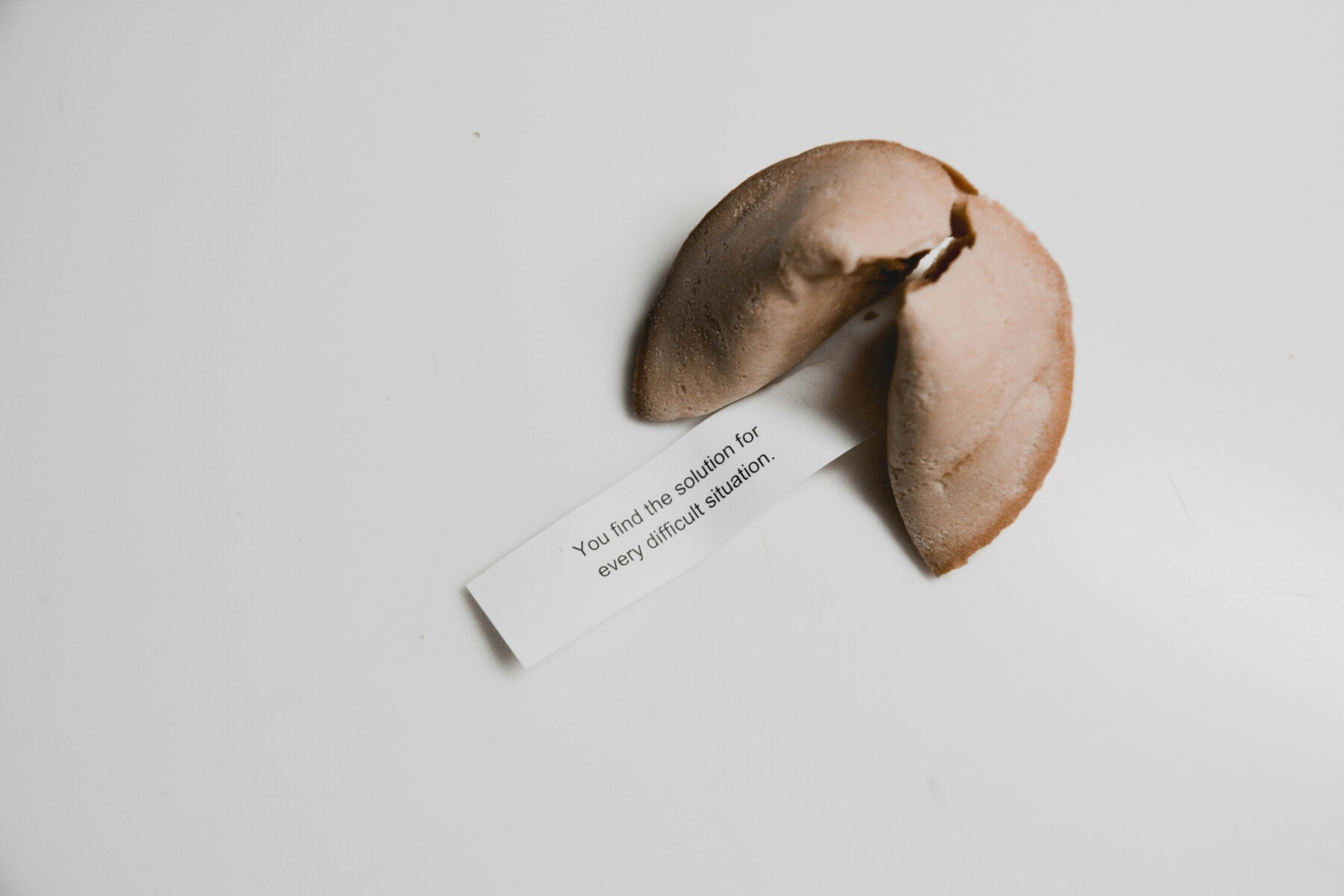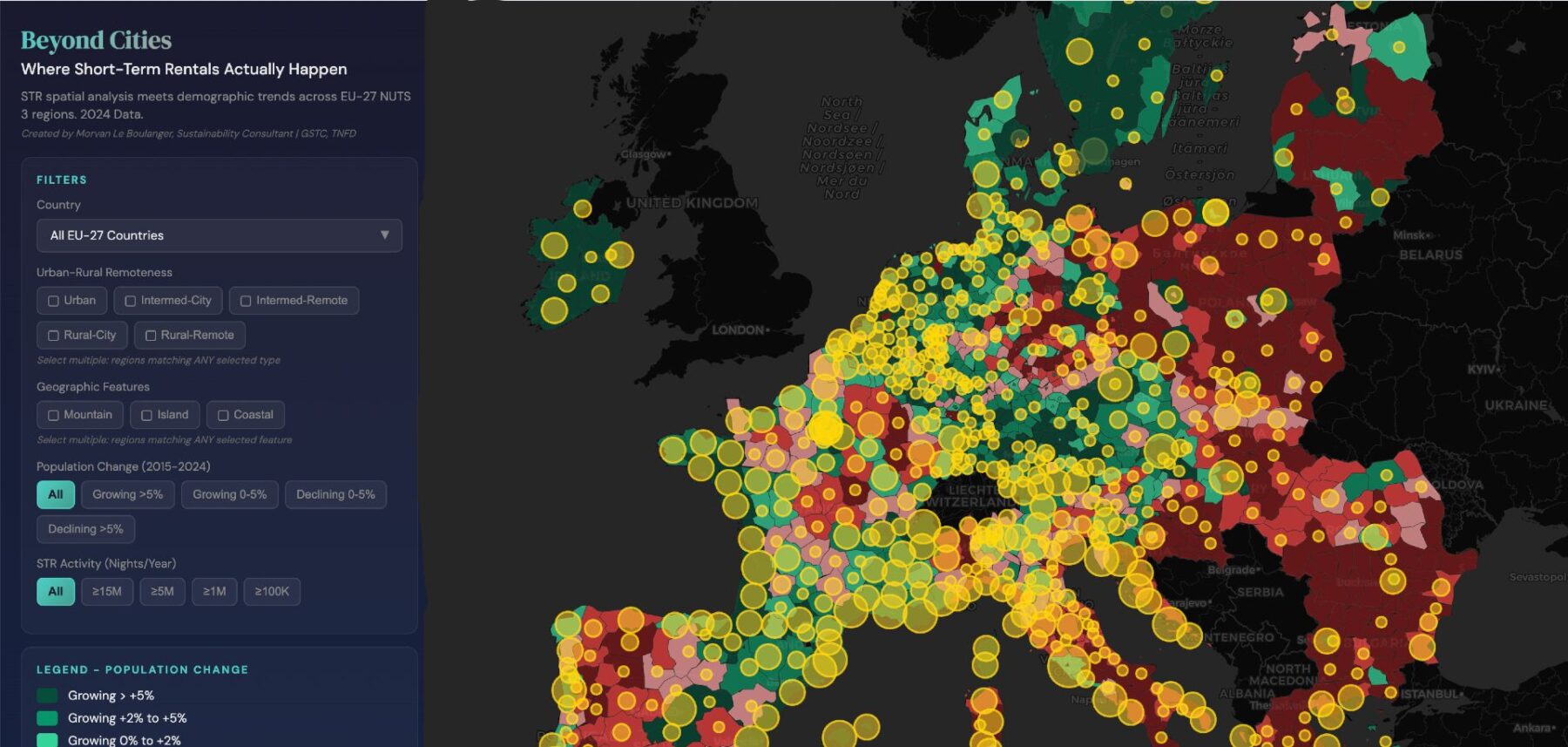According to Rafat Ali Founder of Skift, the two most important elements of building a hospitality business in 2025 are: managing your finances and building a unique brand.
Before running a conscious luxury STR for 7 years, I was a freelance CMO in the world of fashion, beauty and wellness marketing. When I became part of the hospitality industry, I was quite surprised by some of the websites and social media accounts I discovered.
Like fashion and beauty, travel is such an inspirational industry. It’s a feast for all the senses and evokes such strong emotions and memories. For many, travel is a transformational experience as consumers look to discover new cultures and reconnect with themselves. Above all, it’s about people and how they feel.
How most property management companies start
Through attending conferences and listening to the concerns of property management companies, I’ve come to understand that very few set out to build a brand. Instead, people often enter the STR industry from other sectors and start by managing a few properties. This generates their interest in hospitality and they gradually start to build their portfolio.
In my own experience as a marketing freelancer, I understand this approach. When I set up in 2012, I took any client I could get! After a year, I realised that I needed to do a marketing number on myself. This is when I decided to specialise in marketing which incorporated sustainability. Since then, I’ve worked with brands in the organic sector as well as sustainable fashion and responsible tourism.
How to build a brand as a PMC
The STR industry is still so young and, of course, new players are entering this sector continually. However, this offers an opportunity to those property management companies who see their business as a real career path. If you are determined to create a professional, resilient company, now is the perfect time to do so. Competition is already fierce. This will only continue as travel spend and the current preference for vacation rentals continues to grow.
It this resonates with you, I would encourage you to review your brand as a priority. If you need financial support, I would recommend that you find a Fractional Finance Director, who can work with you to ensure your business is financially robust and profitable. This is a very cost-effective way of staying on top of your finances.
Airbnb and the other OTAs are impossible to compete with but as they all evolve their business models, there is an argument to building your own brand. As travellers search for authentic getaways and an antidote to our increasingly tech-led world, I believe there will increasingly be a place for smaller niche brands. People understand that big is not always better.
The main thing about building a brand is obvious – you need to stand out from everyone else. Now that definitely does not mean trying to be all things to all people. In fact, you need to carve a clear niche for yourself so that guests trust you and see you as their go-to platform for finding the type of properties in your portfolio.
Being different from the competition may seem difficult but with the right approach, you can create a unique brand. The simple place to start is the destinations of your properties as well as the type of property. An example would be contemporary coastal properties in the UK. You might feel this is too niche but better to start small and then you can always expand. This approach will be so much easier when you already have a database of satisfied guests.
Always think about your guests in every decision you make. What are they looking for and why would they choose you? Yes, you want to attract the best owners but they will be coming to you for the guests you can deliver. Never forget that.
Why sustainability can help as a differentiator
Building a brand is all about build trusting with guests and owners as well as instilling loyalty and the desire to recommend you to others who fit your portfolio.
As it is such a competitive market, I recommend that you consider sustainability as a differentiator. We all know that countless booking.com surveys show that travellers are looking for sustainable stays. However, I think that many in our industry just think that sustainability means reducing carbon emissions. To me, that’s the no brainer bit. If you reduce emissions, you will automatically be reducing your energy bills.
I recommend that you lean into the other aspects of sustainability: protecting the natural world and respecting people. These two areas are intrinsically connected to tourism – and reducing carbon emissions. If we don’t look after nature, our planet and destinations will continue to get hotter and more polluted. And people are the lifeblood of our industry – as guests, owners, in-destination teams, local people, partners. You can have the best systems and tech, but without people, you don’t have a business.
There are so many ways you can use sustainability to create your brand, from supporting local businesses and relevant conservation projects to empowering your owners to implement sustainable amenities whilst saving money on their running costs.
Integrated marketing
Once you’ve developed your brand strategy, you must make sure that you apply it to all marketing and communications that you undertake to ensure a seamless experience. As I’ve said, potential guests need to recognise and feel comfortable with your brand wherever they engage with you.
So I would recommend creating a content strategy that covers all your chosen channels from socials to email and partnerships. The quality of design and your messaging must be consistent and instantly clear.
I’d recommend pretending to be a potential guest once in a while. Go through the journey they might undertake before they decide to book with you. Do your social media posts have a similar high quality design and tone that matches your email marketing? Is it easy to find the type of property you want on your website and just as easy to book?
Your marketing needs to work as one integrated efficient machine. With one caveat. Don’t try and do everything. Most property management companies don’t have huge marketing budgets. So don’t try and post on every social media channel out there. Prioritise and choose the channels which are most appropriate for your audience. Better to do a smaller number of things really well rather than a lot poorly.
Your website is the hub of everything
If you are looking to take direct bookings and build your own PMC brand, then your website is one of the most important elements of your marketing mix. It is the hub where all your other activities lead to.
As a result, it must be the place where you put a lot of your attention and budget. I’ve looked at many STR websites and been surprised at how uninspiring they are. This is travel, one of the most exciting things we do as humans!
Here some very important things you must be able to answer about your website:
What makes you different (the million dollar question)?
What type of properties are in your portfolio?
Which destination(s) do you offer?
Are my dates available?
Why would I book with you rather than another booking site?
Is the booking process really simple and secure?
If I sign up for your newsletter, will I get a reply and actually receive some emails?!
Is your site well-optimised on every page and written in a way to attract AI bots?
If you want to delve in more on how to build your website, I recommend listening to this Host Planet interview by James Varley with Louis Andrews.
The human touch
Everyone in the STR industry is talking about AI and how it will transform their business. It can certainly help with more repetitive tasks and processes which don’t need human interaction.
When it comes to marketing, there is obviously a lot of discussion about how our jobs will be affected as we can use AI for virtually everything. However, I have a few words of caution and optimism.
I am a linguist (French, German and Italian with English mother tongue) and have lived in Italy for nearly 8 years. I still see mistakes in translation, which often make me smile as I understand why they’ve been translated like that. One of the key messages we are getting about AI in relation to content is that it should be unique and informed. To me, if your budget only allows you to use AI for translations, I would definitely recommend having a mother tongue person to check it over for you.
Furthermore, I recommend that you use a skilled copywriter to create your content so that it is unique and not just what AI has found which could be used by many others. Remember the need to be different to other businesses.
Lastly, I would recommend that you do not use AI to create images on a regular basis. With such a visual industry as travel, you should never be short of original content. Again, your photography and video should make you stand apart. Working with content creators rather than influencers can be a great way to achieve this.
I’ll be writing a future article about SEO and AI. You’ll discover that AI is already providing more opportunities for exposure for smaller travel brands alongside established ones. So watch out for my next article!



